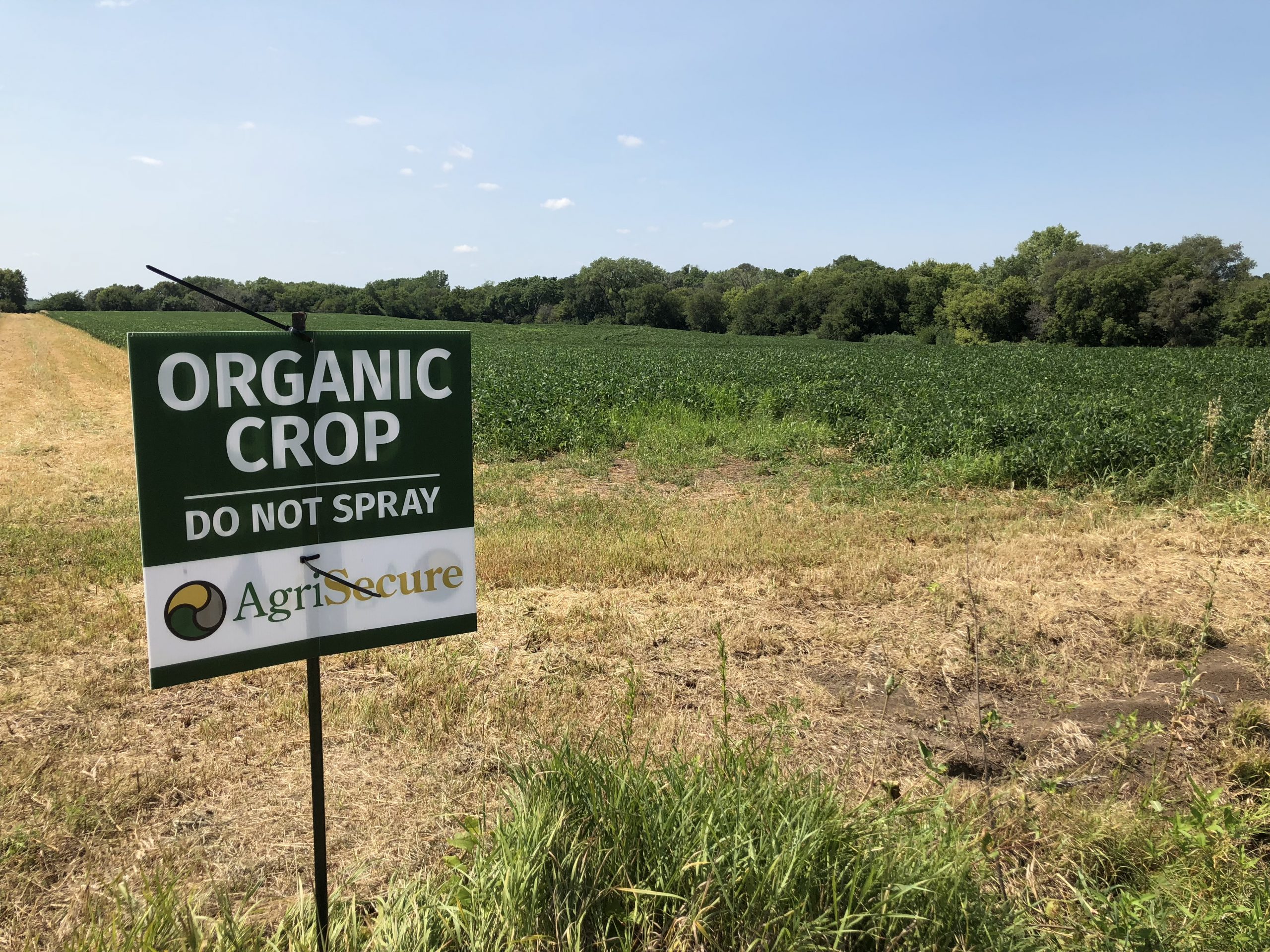By Randy Vandenheuvel, organic commodities trader, Field Farms Marketing
The organic food market continues to grow at a steady rate year over year, which has been a great achievement for all of the individuals who work hard to promote and supply the organic industry. Unfortunately, this growth has, from time to time, attracted the attention of some dishonest individuals who look to benefit from the price premiums that are common within the organic industry. If you are a buyer of organic grains, it is of utmost importance to take the time and make sure that the grain that is being purchasing can be verified as organic. Any mistakes made from the beginning will trickle their way down through the entire supply chain, when grain buyers sell grain directly to end consumers and food or feed manufacturers. Since the grain buyers are usually the first to purchase the organic grain directly from growers, they need to act as the first line of defense against potential cheaters within the industry. There are a few things that organic grain buyers can look out for to help them navigate through the purchase of organic grains to make sure that they do in fact receive the product that they intended on buying.
Buying organic grain will typically begin with the request for the grower to present their organic certificates to the buyer. Certificates are provided by an organic certifying agency that will inspect the farm where the grains are grown to ensure the grower is abiding by the rules set forth by the government authority within the country of residency. The number of acres of each particular grain that are being grown for that crop year are listed on the organic certificates along with the correct address(es) of where the grain was grown and possibly where the grain is being stored until it is picked up from the farm. The dates on the organic certificate should be valid for when the grain was purchased and grown. Organic certificates are typically valid for one year from the date of issue. From time to time, the buyer may need to ask the grower for a previous organic certificate if they are buying an old crop grain.
The organic industry is still small enough, that your reputation counts for everything. It is wise to avoid players who have built themselves a less-than-stellar reputation. Buyers of organic grain are best to work with growers and others in the grain industry who have a positive reputation for providing organic products that have integrity. Avoiding known troublemakers adds another line of defense to protect the organic industry—these players don’t have further opportunity within the organic industry if they can be picked out and avoided altogether.
On top of receiving the organic certificates from well-respected growers, a grain buyer can also confidently rely on third-party laboratory testing should there be any doubt about the organic integrity of the grain. Non-GMO testing and chemical residue testing are two big indications as to whether or not an “organic” grain is truly an organic grain. While there is a cost to obtain a third-party laboratory test, they can act as a good measure to protect the grain buyer and the downstream users of the organic grains from unintentionally contaminating their process by adding conventional grain into their closed organic system.
It is important to the organic industry that grain buyers fulfill their role and act as the first line of defense against any fraudulent activity that does try to make its way into the organic industry. By using the strategies outlined above, organic grain buyers can confidently eliminate the majority of non-organic products that would otherwise contaminate the organic supply chain if not for the diligence of the grain buyers.





